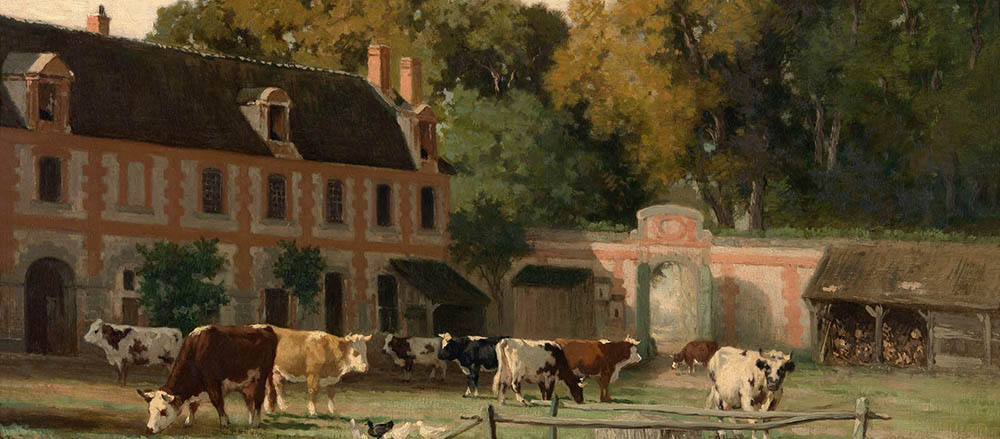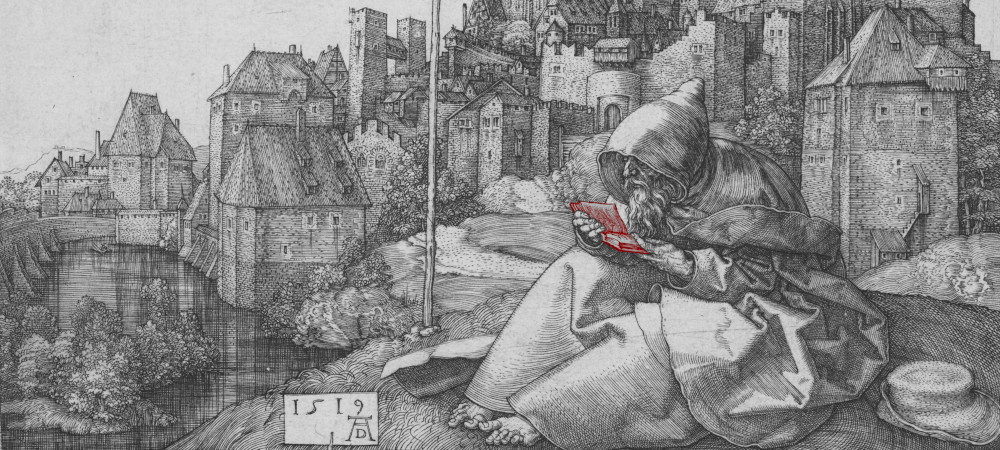Generational Wealth
I heard a story from a friend who visited a winery in Croatia. It was small and family owned. Nobody knew how long a vineyard had occupied this patch of land ideally sloping down to the Adriatic, but one suspects that grapes have grown there in one way or another since before the Romans came. Nobody knew, likewise, how long the vineyard had been in the family since the genealogy has grown so long that the whole story can no longer be told. Such a family always has little projects going on to improve what they love. “Grandfather built that wall over there and now we are extending it to surround the new storage building.” Such family wealth is not the wealth of coins but the substantial wealth that allows a father to pass on a whole way of life. Not every generation, however, gains ground. My friend told me that the family brought out a bottle for her to try. They could not sell it, they said, because it was ruined. Its flavor was all ashes and smoke. Years ago, the whole region had been devastated by wildfires, and an entire year’s harvest had turned bitter along with the loss of buildings and equipment. “We keep it,” they said, “To remember what we have been through.”
Another fire heavily damaged the cathedral in Chartres France on 7 September 1020 causing the bishop Fulbert to begin construction on what would become one of the finest things human beings have ever done. The earlier building damaged in that fire was not itself the first church to stand on that spot. The first was built some time prior to the fifth century, but this church was burned down by the Duke of Aquitaine in 743. The second church was burned down by Danish pirates in 858, parts of which remain in the present Saint Lubin Chapel. They broke ground on the final church in 1126, faced setbacks from more fires, began again in 1194, completed the building in 1252, and finally reconsecrated it under St. Louis IX, King of France, in October of 1260. Stone upon stone, church upon church, generations of masons labored, whose names we cannot now discover. Imagine being one of those tradesmen to begin the work in 1126 at, say, the age of 37. Imagine dying at 63 in 1152 with the completion of the work another 100 years off, not knowing what further layers of work would be completed by your sons and your sons’ sons.
That ending may sound depressing to some, but such a life and death is one of the noblest I can think of. Would it really be more desirable to finish your own career, retire to a few rounds of golf so that you can bequeath to your children nothing more than a moderately swollen account and some closets to go through?

Not all of us who are sympathetic to this line of thinking can inherit a vineyard in Croatia. We are born into a particular time and place and many of our parents bought into the post-war American culture of the 60s and 70s—some more than others. Many of us did not grow up learning to read Latin or play Bach because we went through childhood as the unwitting subjects of a school system more concerned with denigrating and supplanting a tradition than passing one on. This means that we must be modest in what we can hope to cultivate and leave to our own children.
Right now, classical schools are springing up all over the country, but few of these schools can be wholly true to their own classical ideals for the simple reason that none of their faculty or even their principals have themselves received a classical education. We are all making up for lost time. Suppose that all these schools accomplish, however, is just a little progress: the education of our children in such a way that some of them can go on to teach our grandchildren in a more truly cultured manner. Learning Latin as an adult, I teach my son in a rather clumsy way so that he can teach his son in a better way. The same principle applies to Shakespeare, to classical philosophy and theology, to music and art, and to all the other things that we have lost (or that we actively despised and destroyed). I have every reason to think that we can, in fact, accomplish more than this even in the present generation, but just suppose that this is all we can manage. Would that not be a worthy enough bequest to our sons and daughters?
This post is the second of three parts belonging to the larger essay “Homo Colens,” which can be found in the Essays section.
